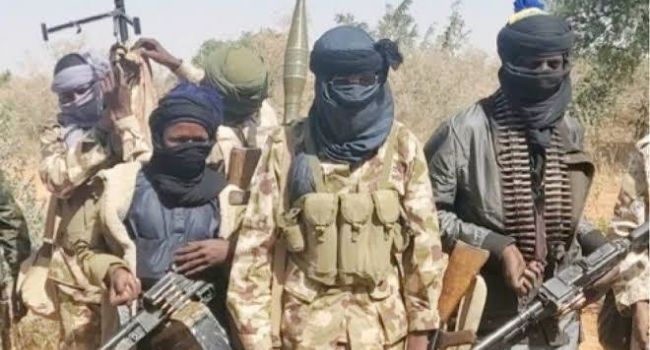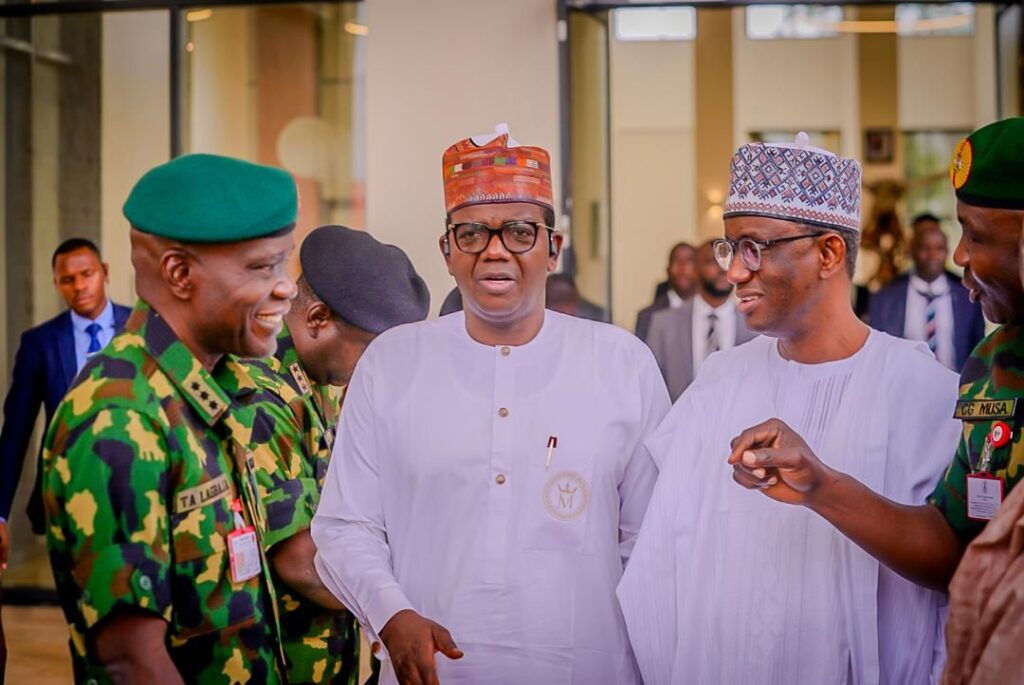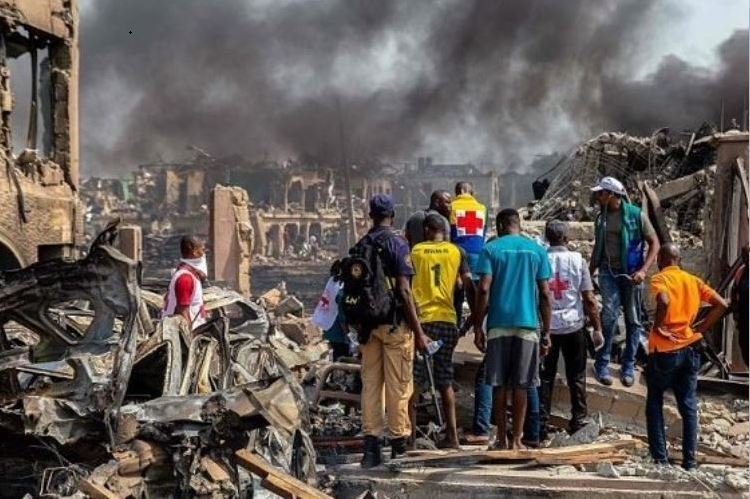South Sudan’s President Salva Kiir has ordered that humanitarian aid convoys be allowed to move freely, unhindered and unimpeded around the country, two weeks after the United States said it had lost trust in his government and threatened to pull support.
The Nov. 9 order, seen by Reuters, directs that all roadblocks should be removed, all levels of government must assist aid groups, and anyone who obstructs aid or imposes taxes on aid convoys shall be held accountable.
The move came two weeks after U.S. Ambassador to the United Nations Nikki Haley met with Kiir in Juba. She was the first member of President Donald Trump’s cabinet to visit South Sudan, which spiraled into civil war in late 2013, two years after gaining independence from Sudan.
Haley said Washington had lost trust in Kiir’s government for fueling the civil war, and demanded that Kiir allow full and consistent humanitarian aid access.
“This is a good sign, but we must see actions - more than words from President Kiir,” Haley said in a statement on Tuesday, referring to the Nov. 9 presidential order.
“The true test will be whether humanitarian assistance is actually allowed to get to the South Sudanese people in a consistent way. We will be watching, and we will continue to encourage President Kiir to do the right thing,” she said.
Haley’s office said Kiir had yet to deliver on further commitments made during a 45-minute, one-on-one meeting with Haley in Juba.
The war in South Sudan, sparked by a feud between Kiir and his former deputy Riek Machar, has plunged parts of the world’s youngest nation into famine. Some 4 million people have fled their homes, a third of the country’s population.
U.N. Humanitarian Coordinator for South Sudan, Alain Noudehou, welcomed Kiir’s Nov. 9 order.
“We hope that the order will have a positive impact in reducing the many constraints faced by humanitarian partners that delay or prevent the provision of urgently needed help,” Noudehou said in a statement on Monday.
This was not the first time Kiir has pledged to improve the humanitarian aid situation.
When U.N. Security Council ambassadors visited in September 2016, Kiir agreed to eliminate illegal checkpoints and streamline bureaucratic processes and access to people in need. The following month he set up a high-level humanitarian oversight committee to improve cooperation with aid groups.
Yet U.N. sanctions monitors, in a report to the U.N. Security Council seen by Reuters last week, have accused Kiir’s government of using food as a weapon of war to target civilians by blocking life-saving aid in some areas.
They found that armed forces, groups and militias - particularly those affiliated with Kiir and Vice President Taban Deng Gai - continued to “actively impede both humanitarian and peacekeeping operations.”
In his Nov. 9 order, Kiir directed the high-level humanitarian oversight committee ensure the aid convoys and groups can move freely and that state-level oversight committees be created.





















